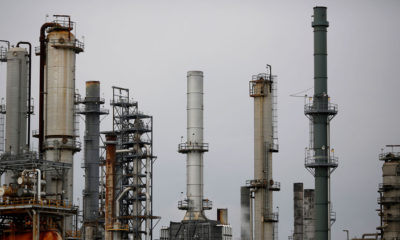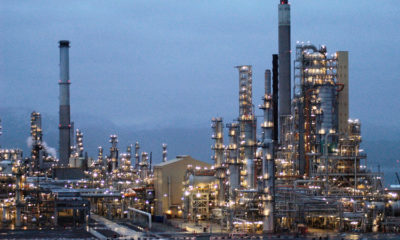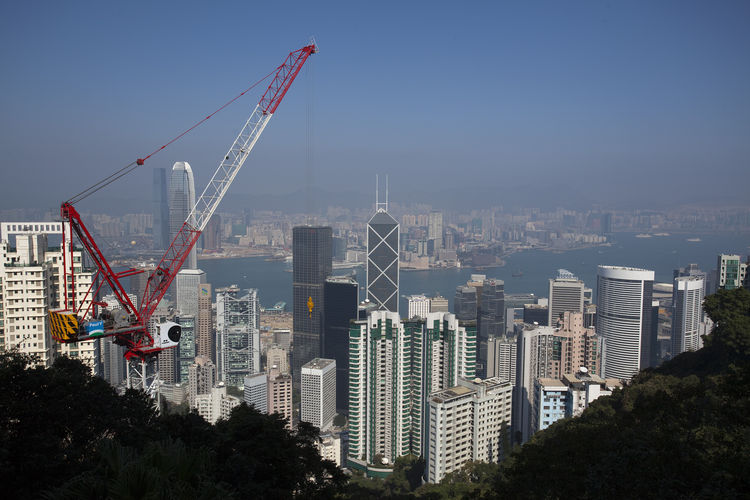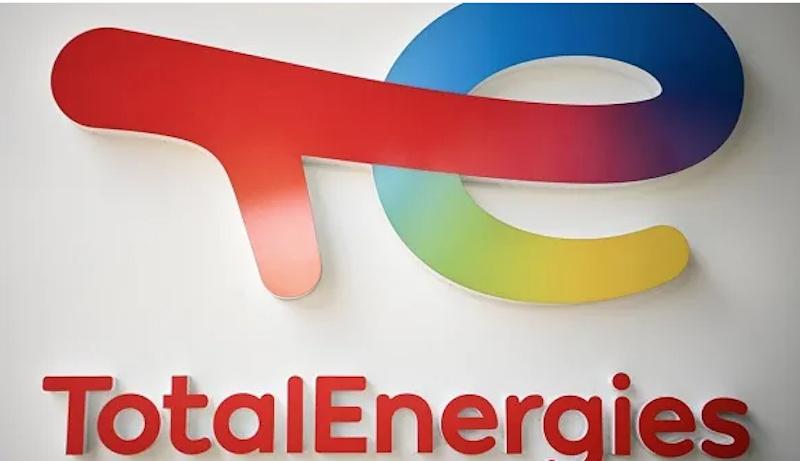Nvidia Corp., the renowned chipmaker, defies sales projections driven by an unprecedented boom in artificial intelligence (AI).
This surge has propelled Nvidia to become the most expensive stock in the S&P 500 Index, with shares trading at roughly 23 times the company’s projected sales over the next 12 months.
For more than a year, Nvidia has experienced a meteoric rise in demand for its chips, fueled by the frenzy surrounding AI advancements.
This demand has rendered traditional financial estimates obsolete, leaving even Nvidia’s executives struggling to accurately predict the company’s future revenue.
Since the chipmaker’s sales began skyrocketing in the fiscal quarter ending April 2023, revenue has consistently exceeded company forecasts by an average of 13%, a figure more than double the average over the past decade.
The most notable instance occurred in August, when Nvidia’s sales surpassed its projections by an astounding 23%, marking the biggest beat since at least 2013.
A representative for Nvidia declined to comment on the company’s revenue projections and the challenges in forecasting amidst the AI boom.
The challenge of modeling Nvidia’s future earnings lies largely in the unpredictability of supply amid surging demand.
Brian Colello, an analyst at Morningstar, highlighted this issue, noting that Nvidia’s situation is unique.
“Assuming steady improvement in Nvidia’s ability to increase supply, I add up to $4 billion to Nvidia’s quarterly revenue to ballpark the upcoming quarter’s sales,” Colello explained.
He recently raised his price target for Nvidia shares to $105 from $91, though they are currently trading around $127.
Colello is not alone in his optimistic adjustments. Ben Reitzes, an analyst at Melius, has raised his price target on Nvidia five times this year, most recently to $160, implying a 26% gain from recent closing prices.
The market’s enthusiasm is evident as Nvidia’s stock has surged 156% this year, briefly overtaking Microsoft Corp. to become the world’s most valuable company at $3.34 trillion.
This rally has contributed to a record $8.7 billion inflow into tech funds last week, according to Bank of America Corp.’s analysis of EPFR Global data.
However, Nvidia shares have since fallen 6.7%, erasing over $200 billion in market value.
For investors relying on discounted cash flow models, the gap between estimates and actual results has created a conundrum.
In the past five quarters, analyst estimates for Nvidia’s sales have deviated from actual results by an average of 12%, the third-highest among S&P 500 companies with average quarterly revenues exceeding $5 billion.
Despite the challenges in forecasting, Nvidia’s growth remains impressive. The company is projected to deliver a profit of $14.7 billion on sales of $28.4 billion in the current quarter, reflecting increases of 137% and 111%, respectively, from the same period a year ago.
Comparatively, Microsoft’s sales are expected to rise 15%, with Apple’s projections sitting around 3%.
While Nvidia’s valuation multiples are high, they appear more reasonable considering the company’s growth trajectory.
However, Michael O’Rourke, chief market strategist at Jonestrading, cautions that the extent of Nvidia’s outperformance may diminish due to its sheer size, potentially making it harder to justify the current stock price.
“That’s where the risk comes in,” O’Rourke said. “You’re paying a high price for a large market cap company where the beats have been trending lower, and that’s likely to continue.”
As Nvidia continues to navigate the unpredictable waters of the AI surge, investors and analysts alike are left grappling with the challenge of accurately predicting the company’s future in an era of unprecedented technological advancement.
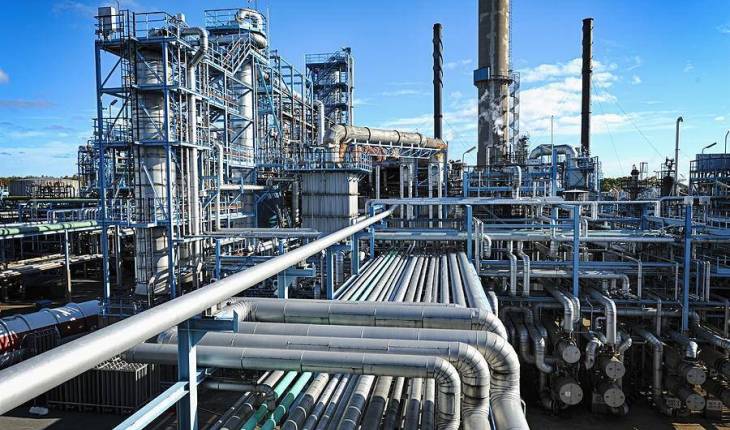

 Naira4 weeks ago
Naira4 weeks ago






 Naira4 weeks ago
Naira4 weeks ago
 Naira3 weeks ago
Naira3 weeks ago






 Naira3 weeks ago
Naira3 weeks ago




 Naira3 weeks ago
Naira3 weeks ago




 Naira2 weeks ago
Naira2 weeks ago






 Naira3 weeks ago
Naira3 weeks ago




 Company News4 weeks ago
Company News4 weeks ago

